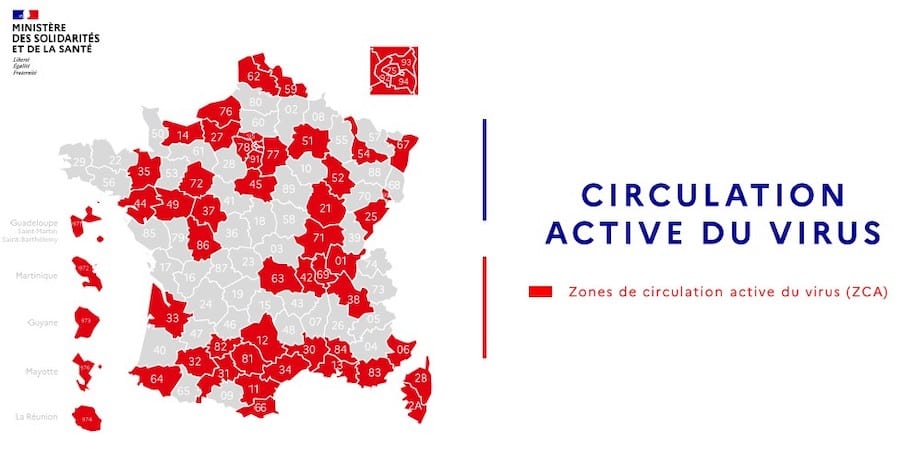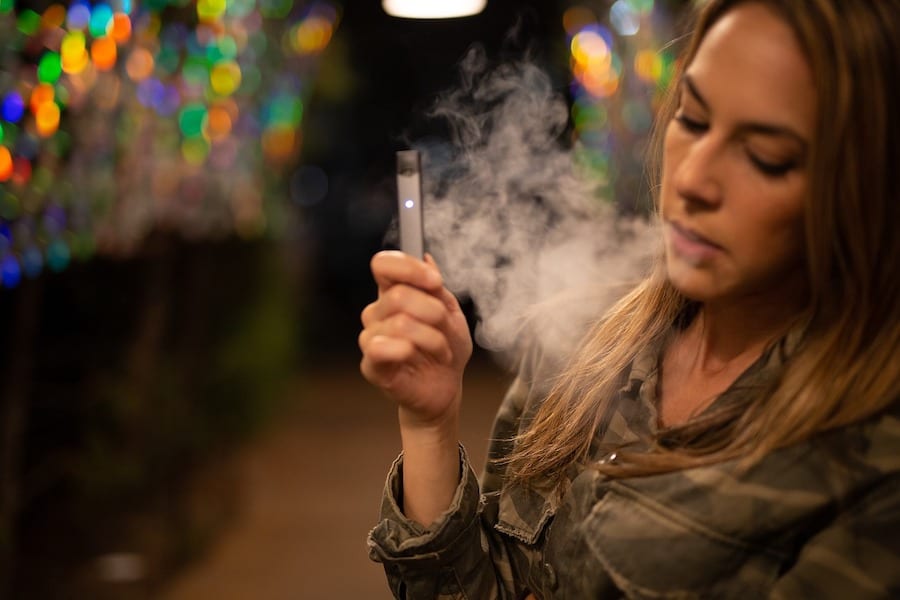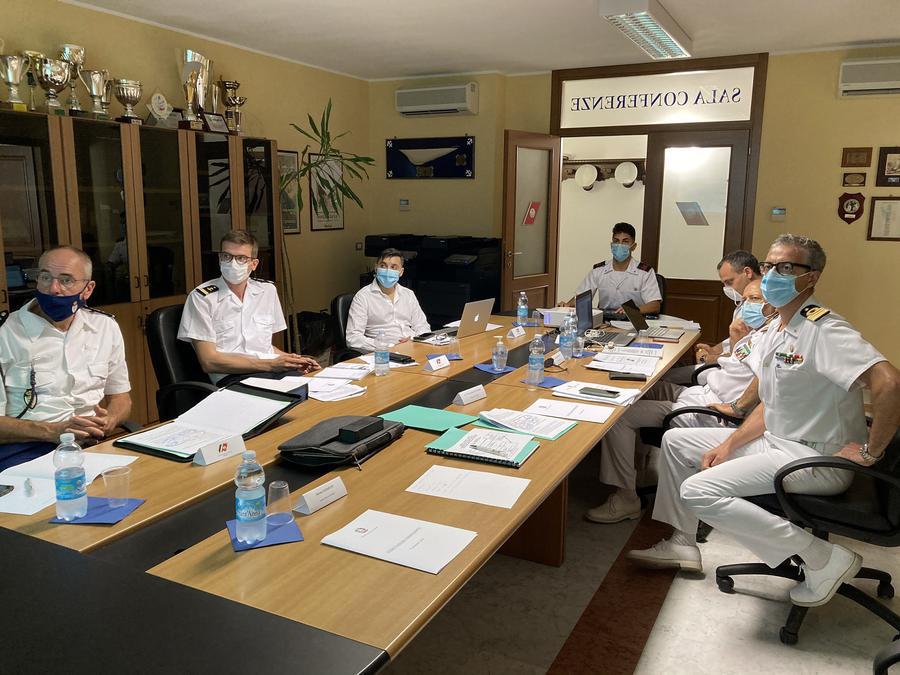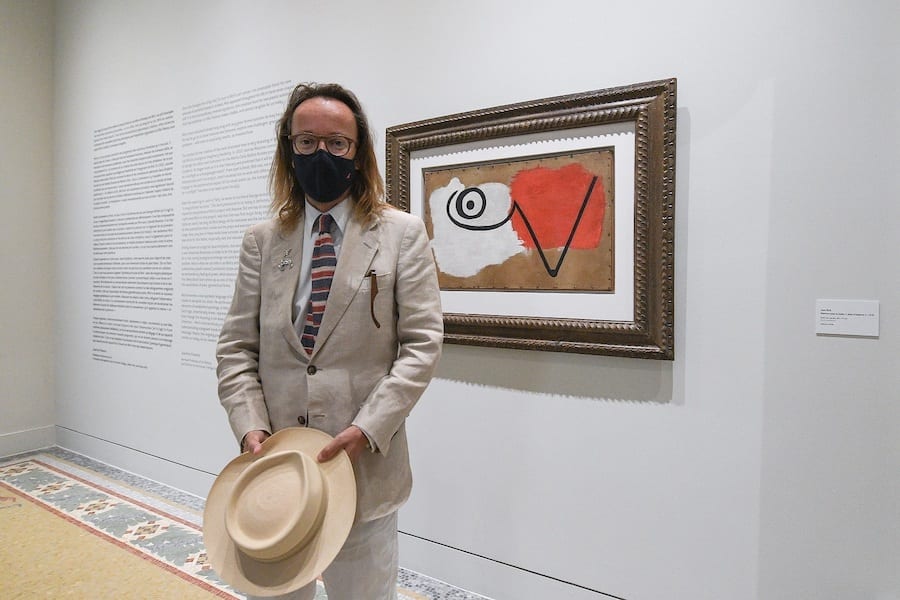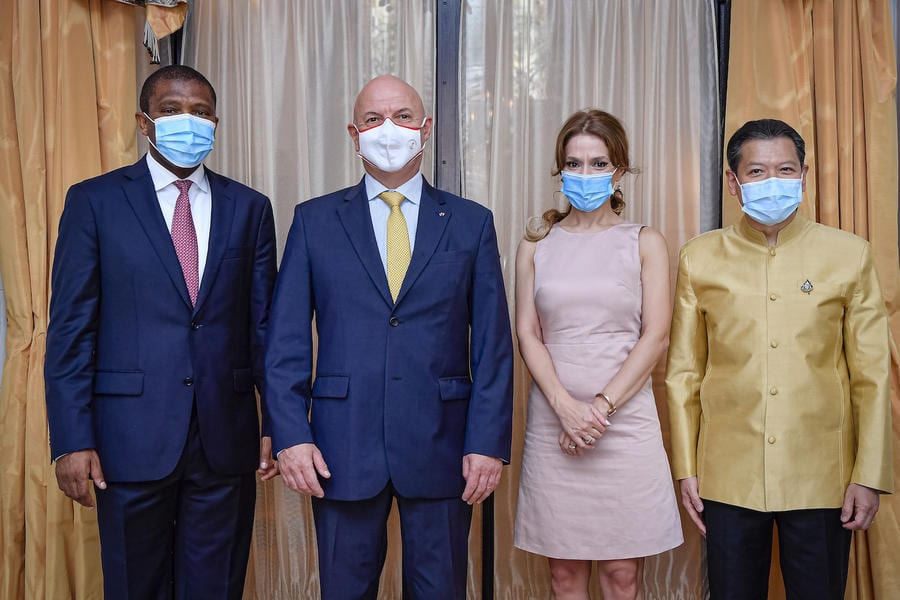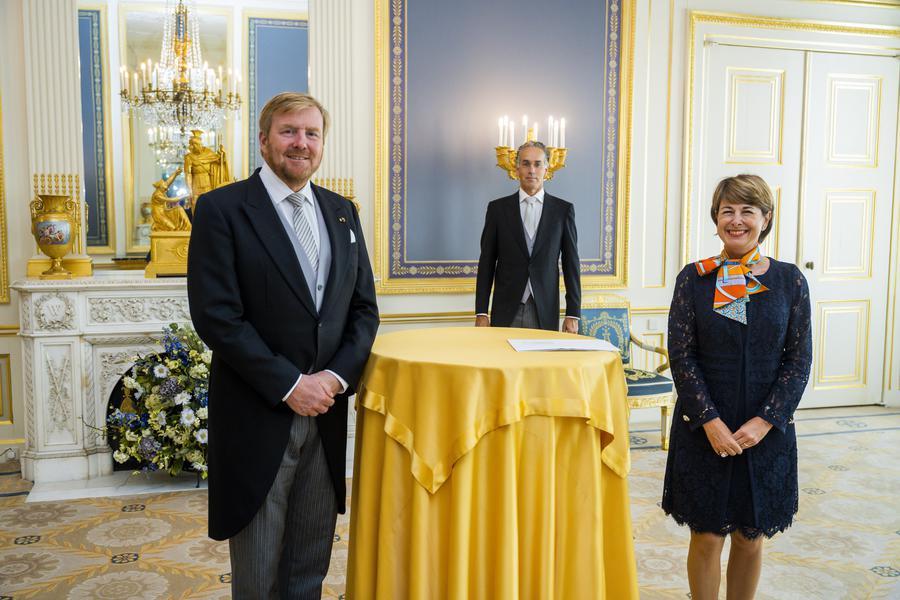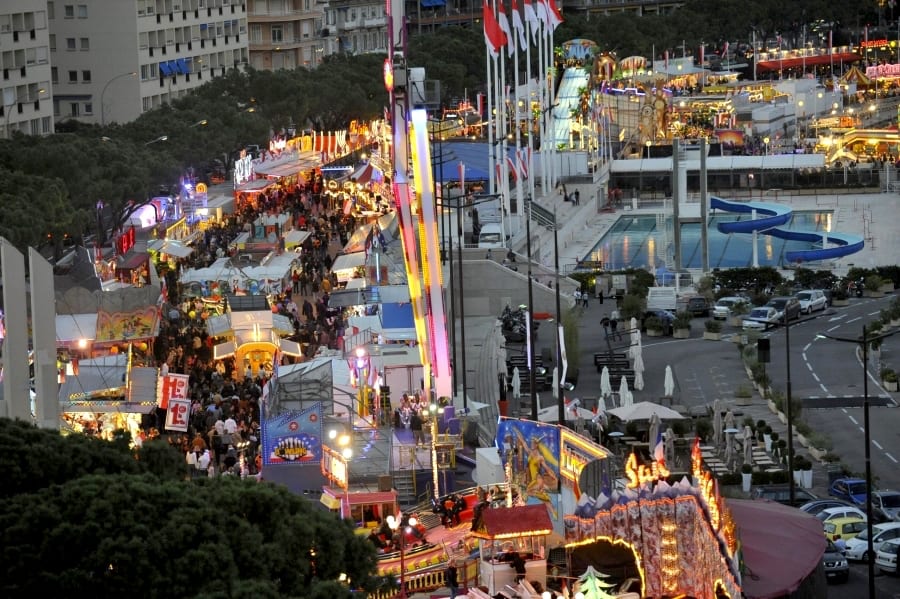Alcohol, tobacco and cannabis use among high school students in Monaco continues its downward trend, according to the latest student survey by IMSEE. However, the use of e-cigarettes has skyrocketed.
The Monegasque Institute of Statistics and Economic Studies (IMSEE) revealed the results of its survey on Wednesday 23rd September during a conference at the Novotel Monte-Carlo. The survey was carried out by IMSEE in April 2019, during which all high school students in the Principality were asked primarily about their usage of alcohol, tobacco and cannabis, as well as the Internet, social networks and gambling.
The annual survey forms part of the European School Survey Project on Alcohol and Other Drugs (ESPAD) program in which the Principality has participated since 2007.
The survey showed that, overall, the use alcohol, tobacco and cannabis fell between 2007 and 2019, particularly with regard to tobacco. This covered all types of tobacco consumption – experimentation, recent use and regular consumption.
It also found that 93% of high school students in 2019 had tried at least one substance among alcohol, tobacco and cannabis.
Alcohol
Alcohol was by far the most consumed substance, with nine out of 10 high school students having consumed it, a large majority within the year or month. Alcohol was considered to be the most accessible substance, and is often the first substance that is tried, sometimes from as early as primary school. Around 10% of high school students say they regularly consume alcohol – more than 10 times a month.
Significant occasional alcohol use (API), sometimes referred to as “binge drinking”, corresponds to having drunk at least five glasses of alcohol on one occasion during the month preceding the survey. Among high school students in Monaco, APIs fell by more than 10% between 2007 and 2019 (Figure 15). They still concern more than a third of the high school population in 2019 and are experiencing a jump between the second and first grades.
Significant occasional alcohol use (API) sometimes referred to as “binge drinking” corresponds to having drunk at least 5 glasses of alcohol on one occasion during the month preceding the survey. Among high school students in Monaco, APIs fell by more than 10 points between 2007 and 2019. However, it still occurred among more than a third of the high school population in 2019.
Tobacco and e-cigarettes
The use of tobacco has decreased, with 26% of students admitting to smoking daily in 2007, compared to 13% in 2019.
However, the use of electronic cigarettes has jumped significantly. The 2019 results show that 63% of high school students have tried e-cigarettes over the last 12 months, compared with 40% in 2015.
According to the survey, 40% of students have smoked e-cigarettes within the month, compared to just 11% four years earlier, and more than half of high school students who use electronic cigarettes have tried it without having smoked a cigarette before.
Cannabis and illicit drugs
More than a third of survey participants have experimented with cannabis, while 5% admit to regular use. Meanwhile, one in 10 students say they have used at least one illicit substance other than cannabis in their lifetime.
“The analysis of consumption behaviour of this product also shows that 19% of high school students who have consumed cannabis in the last 12 months could present a high risk of problematic use, or even dependence on this product,” according to the report. Males remain the predominant users of cannabis.
Digital use
The survey confirms that the internet and social networks are now an integral part of the daily life of high school students. Internet use increased more than any other activity over the period 2007-2019. Most high school students spend several hours each day on social media, and this hourly volume increases on weekends and holidays.
Gambling
Gambling has not experienced the same boom, however “betting for money is a practice that should to be monitored, in particular with regard to sports betting and which must now be the subject of careful monitoring given known risks of gambling,” recommends the statistics body.
Survey results, both short and long term, are used for public health management while giving health professionals, teachers and parents a clear and objective view of the situation in the Principality.
The full report by IMSEE can be found here: https://www.imsee.mc/Actualites/Rapport-de-resultats-ESPAD-Monaco
